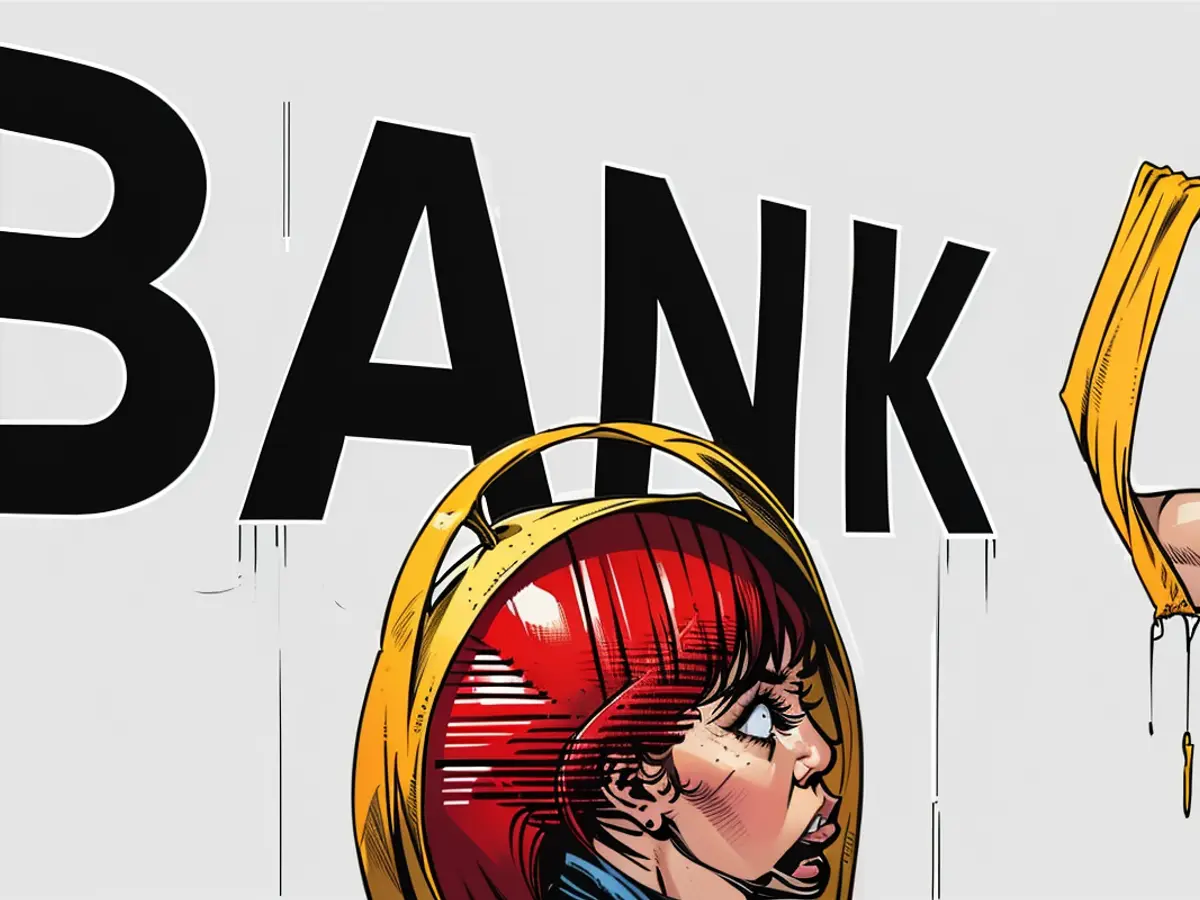Terminate the government's involvement in Commerzbank, please.
Is Unicredit crossing a line with the federal government, raising questions as to why the Ministry of Finance didn't hinder the Italian bank from aiming for a hostile takeover of the German traditional bank by acquiring shares in the state-owned assets? This is a contentious issue in Frankfurt and Berlin. However, a more crucial question should be addressed first: Is it the government's role to perpetually safeguard a company like Commerzbank from market pressures? There can be several valid reasons for government intervention. In Commerzbank's case, none of these apply currently.
During the financial crisis, the government invested billions into Commerzbank to avert potential harm to the overall economy. This action was justified at the time due to the imminent threat. Fifteen years later, the crisis has subsided, and the bank, following long-term reforms and efforts to resurrect it, is now stable. Unicredit, being a European bank, is subject to the same banking regulations and oversight as Commerzbank presently. A potential crisis impact on Germany's financial stability from a takeover is inconceivable.
State intervention could also be warranted outside a crisis scenario if a company is systemically vital and its function is endangered by a takeover. Systemically vital implying that a company's products or services are indispensable for society or the economy, and no other entity can offer them reliably. Although financial services, such as those provided by Commerzbank, are essential for the economy's operation, the bank would likely continue offering these services as part of the European Unicredit group. Moreover, Germany is "overbanked": It has an oversupply of banking services, including from the public sector with savings banks and state banks, rather than a scarcity.
Germany is "overbanked"
Given this oversupply, consolidation, i.e., reducing the number of banks through mergers, is advantageous from a financial stability perspective. This can reduce costs, bolster revenues, and boost the meager margins of German financial institutions compared to the international average, making them less crisis-prone. In the past, the federal government even supported the potential merger of Deutsche Bank and Commerzbank. As such, the argument of job losses, given the employees' perspective, is politically neutralized. In the case of a German-German bank merger, job losses would have been comparable to those feared now. The fact that Unicredit's takeover bid is met with a different response than the scenario involving Deutsche Bank as a partner illustrates the populism driving the current uproar.
The German banking sector - specifically, Commerzbank - is currently a paradigmatic example of when the government should refrain from interfering in companies. On the one hand, a less competitive player is preserved, hindering consolidation and thus weakening the industry due to oversupply. On the other hand, the state-owned Commerzbank shareholding is worth over two billion euros at present market rates. This taxpayer money is urgently needed elsewhere, such as for fixing structurally damaged bridges and dilapidated schools.
Two billion euros might seem insignificant when considering the estimated hundreds of billions of euros in Germany's repair backlog. However, other companies and sectors are also vying for similar subsidies. Car manufacturers seek a new scrapping incentive, Thyssenkrupp wants the state to invest in a billion-dollar stake, and the entire energy-intensive industry is pushing for a heavily subsidized industrial electricity price. Fulfilling all of these demands and permanently financing a significant portion of the economy with public funds is neither sensible nor feasible. But where to draw the line? Here. At Commerzbank.
Despite the government's investment during the financial crisis to safeguard Commerzbank, the subsidies provided are now seen as unnecessary, especially with the bank's stability and the oversupply of banking services in Germany. The two billion euros worth of state-owned Commerzbank shares could be used more effectively elsewhere, such as for infrastructure projects.








